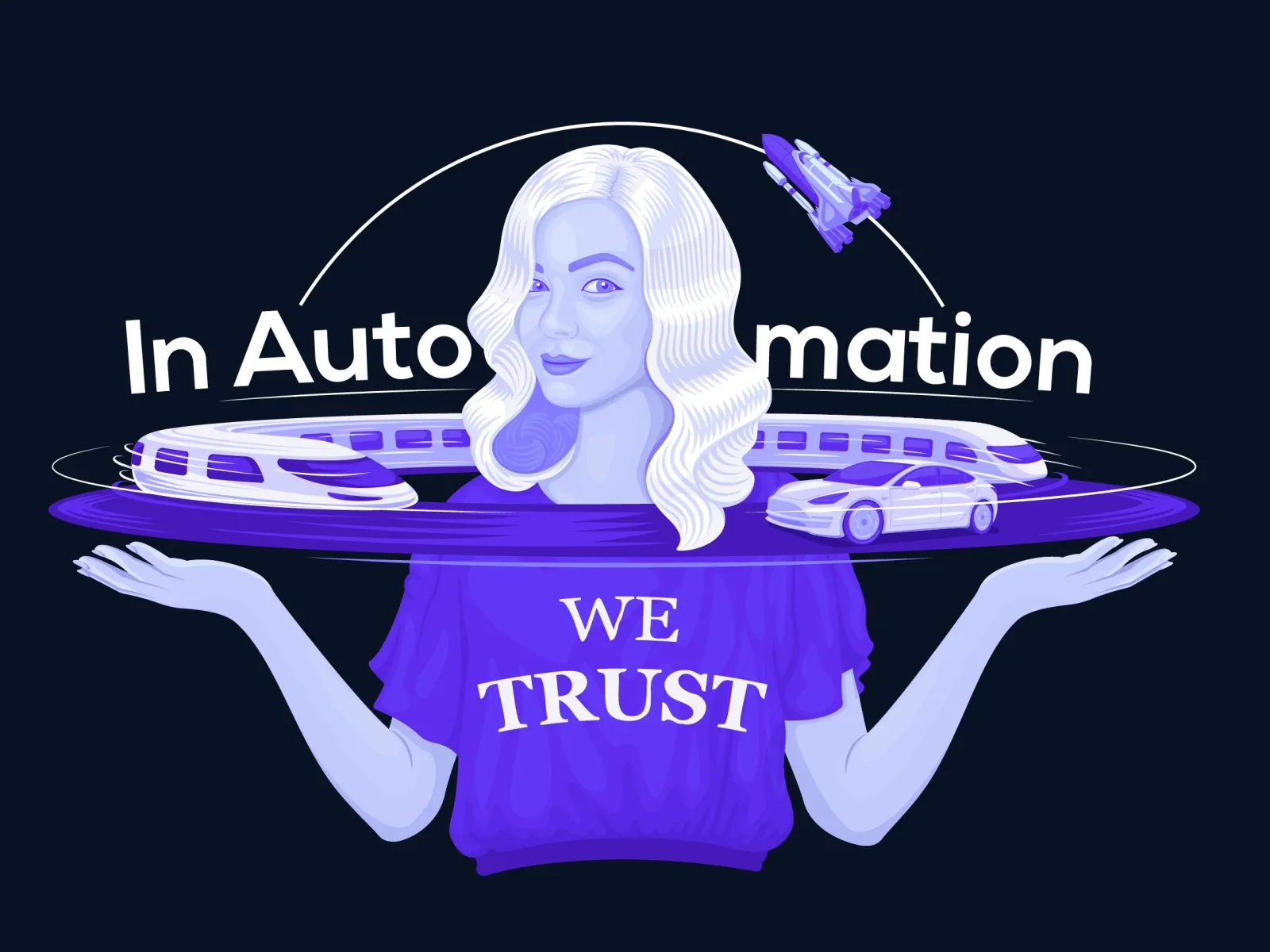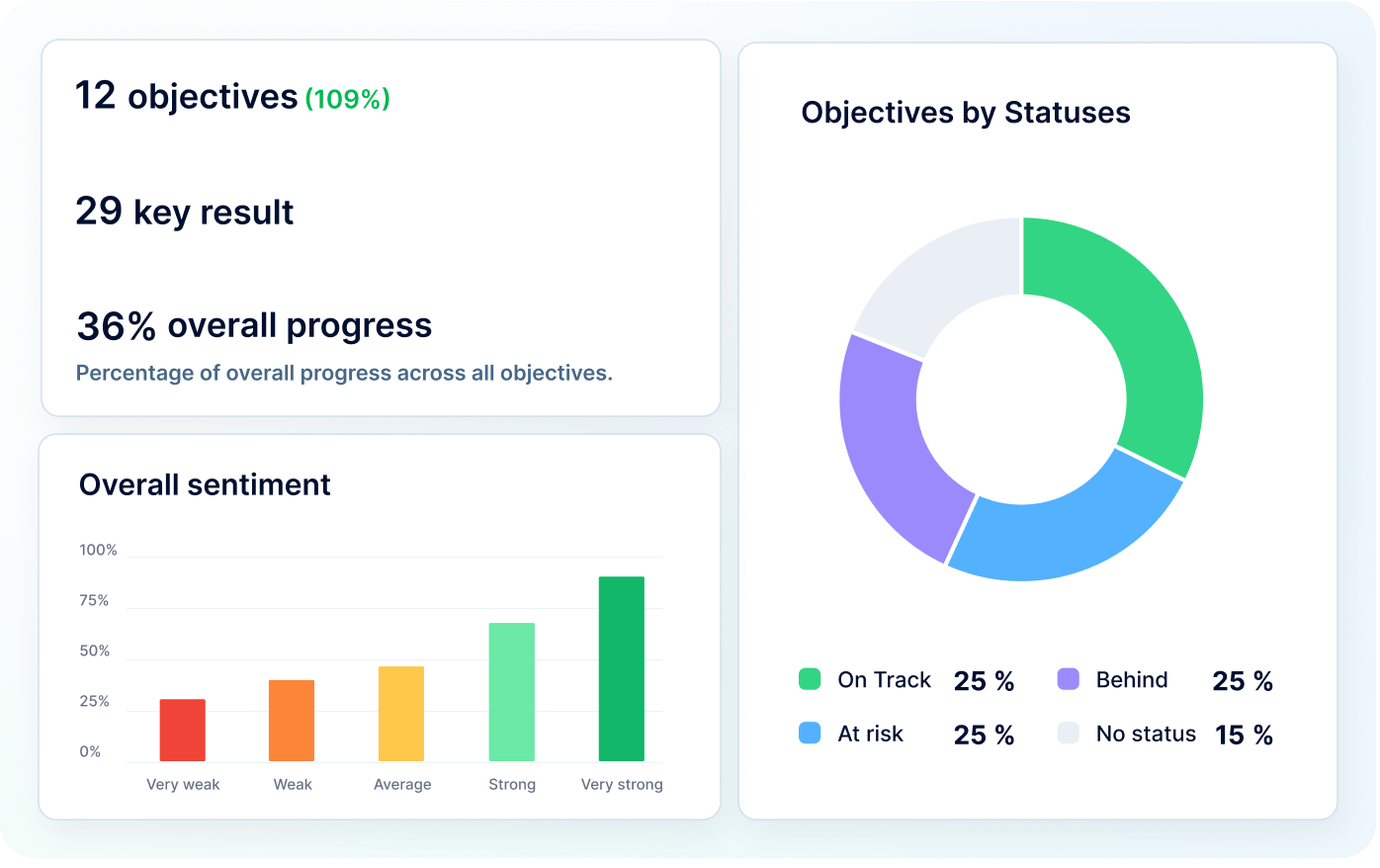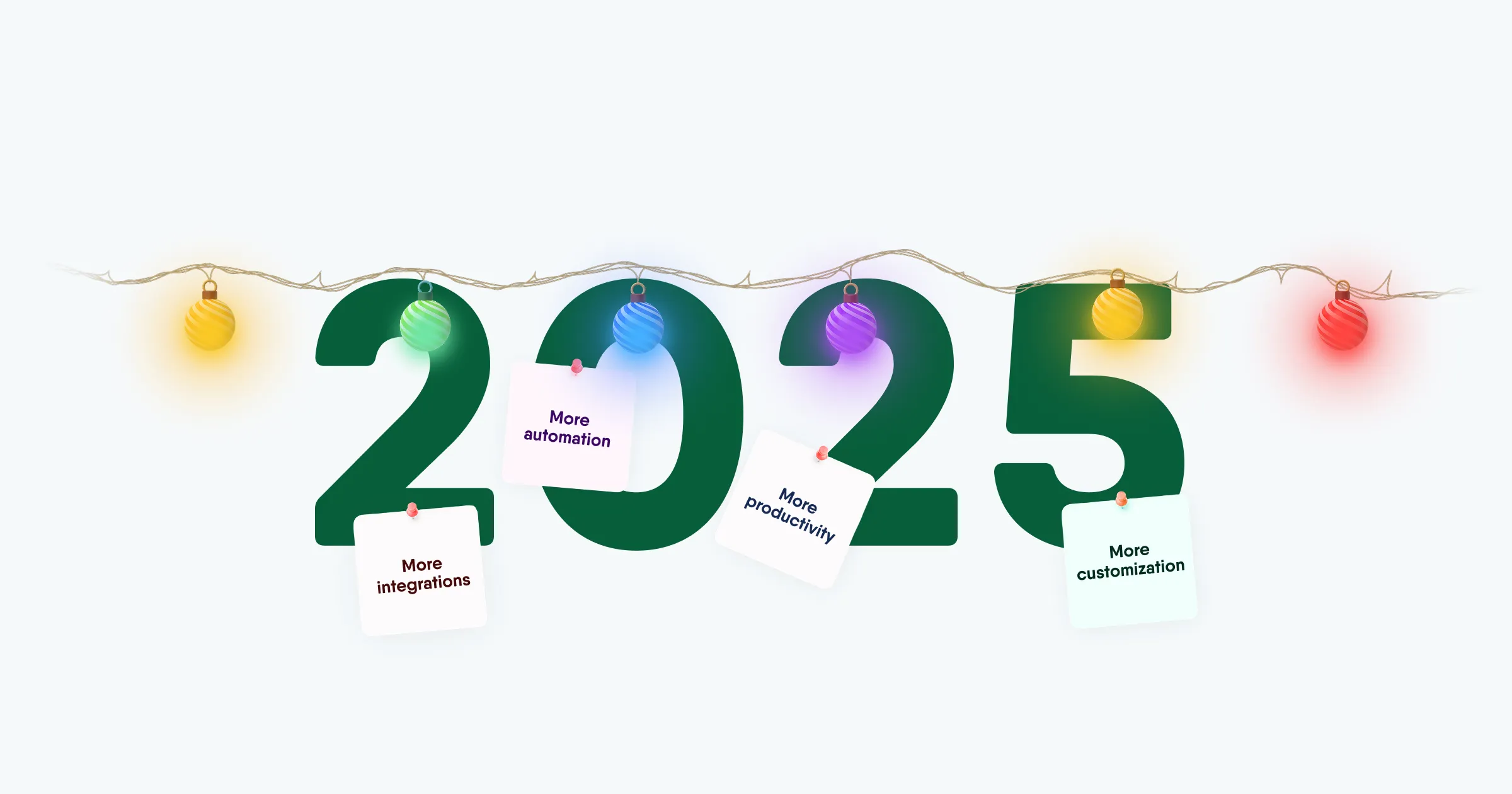
How automation is shaping the future of HR
The ongoing global health crisis has transformed the way people work. The pandemic not only caused the massive shift to remote working. Also continues to challenge traditional workplace dynamics and highlights the importance of corporate wellness and digital transformation.
To successfully weather all of these, it is necessary for HR departments to start investing in the right technologies — and many have been quick to do just that. According to a survey conducted by XpertHR, more than 85% of organisations either have a formal HR technology strategy in place or plan to introduce one in the coming months. When it comes to formulating a technology strategy. The one thing businesses and HR departments should not miss out on is automation.
Why automation?
Aside from initiating a lot of changes in the workplace, the pandemic also shed light on one of the most pressing issues HR departments are facing: the inadequacy of traditional approaches. As Jelena Gebhardt-Schumann points out in her article on The Future Shapers, traditional approaches in today’s modern world translate to inefficient HR operations, costly paper and human errors, and poor employee experience.
This is where automation comes in. Verizon Connect lists four ways automation can help businesses like how it can improve efficiency and productivity, provide deeper insights about operations, improve structure with regard to different tasks and reports, and increase visibility for both inefficiencies and opportunities. When leveraged correctly, this technology can transform every aspect of business — and human resources, especially. Here are some of the ways automation is revolutionising HR for the better.

Optimise recruitment
Automation can be applied to all stages of the recruitment process to save costs and time. For instance, machine learning models can be utilised to improve job postings and track applicants. Dot Magazine also notes how automation can be used to efficiently pre-select possible job candidates, assess personality and qualifications, as well as streamline interviews. If your HR software is connected to job hunting platforms like Rabota.ua and HeadHunter, it will also track the status of your listings on said platforms.
Assist with onboarding and offboarding
Aside from recruitment, there are also many processes in onboarding and offboarding that can be automated. For example, API integration can be used to upload the new hire’s information into different systems, from payroll to CRM software. The same method can also be used to simultaneously remove their access when they decide to leave. HR professionals can even automate how their new hire’s onboarding status is checked if they consolidate all the tasks on one HR software. Welcome and goodbye emails can be automated as well.
Strengthen team bonds
Whether it is the end of someone’s probation period, birthday, or even an anniversary, every personal milestone deserves to be celebrated. But with so many milestones to remember, it can be difficult to keep track of them all. Fortunately, HR software can be customised to remember these important dates. Then, when the day arrives, it will automatically issue the messages. Employees can then take this opportunity to grow closer with their teammates.
Remind important dates
In relation to automated date tracking, this feature isn’t limited to personal employee milestones. Team meetings, holidays, and other company events can also have automated reminders. Software integrations with calendar applications like Google Calendars also enable employees to sync their personal schedules with the company record. Which lets them keep better track of important dates. Sick leaves and vacation leaves can be listed on the calendar as well, allowing people to plan around days when they are short on manpower.
Keep engagement high
With the pandemic making it harder to interact with employees, HR professionals can turn to chatbots to keep engagement high. Thanks to their ability to analyse conversations. Chatbots can help HR departments determine the specific concerns, wants, and needs of the employees. It can even remember recurring queries, saving you the need to repeatedly answer common questions. Chatbots also enable HR practitioners to gather feedback and better understand employee sentiment.

Automate external communication
To foster a healthy work environment, it is crucial to automate communication both within and outside the team. Enabling your workers to leverage automation tools (contact center solutions, chatbots, IVR systems, AI bots, email automation tools etc.) for engaging with potential or existing customers is essential for enhancing their performance. This approach not only benefits the business and brand of the company but also boosts productivity.
Manage employee performance
For businesses that have a significant number of employees, tracking, analysing, and measuring employee performance can be an incredibly difficult task. By introducing automation into employee performance management, HR professionals will be able to accurately grade employees based on important KPIs. An article by HRTech Series also explains that automation can allow HR professionals to better check if the employee’s performance and career goals are still aligned with the goals of the organisation.
Track time more accurately
Timesheets have many benefits other than checking attendance, from determining fair pay (as it records breaks, overtime, and undertime hours) to collecting employee data for performance reviews. However, employees sometimes forget to fill them in, which can cause a lot of problems for the HR department. Fortunately, automation technology allows alerts to be attached to said timesheets. On our platform, work hours can be categorised per project as well, so it is particularly useful for IT and tech companies that pay their employees by the hour.
To ensure that your company's timekeeping and payroll process is streamlined and efficient, you can consider investing in a suitable time management solution. Some of the best software for project time management include My Hours, Workyard and Clockify. These apps can help you track employee hours, manage timesheets, and automate alerts for missed entries.
Measure job satisfaction
One of the biggest roles of HR professionals is to ensure that their employees are satisfied with their stay in the business. After all, a report listed on Inc states that happy employees are more likely to stay in their current job. This also helps alleviate resources associated with turnovers (such as probe training). HR platforms can be used to periodically schedule employee satisfaction surveys. This will let you know what points you need to improve on over time and what initiatives are worth continuing. Employees can answer these anonymously, so they do not have to be afraid of providing their honest opinion.
You may also be interested in this article: 5 ways to motivate tech teams
Reduce costs
Aside from reducing recruitment and turnover costs, there are plenty of ways automation can help the business save money and other resources. For instance, allowing automation to take care of menial tasks like processing PTO requests, updating employee profiles, and collecting compliance data ensures that the business does not have to hire people to do these tasks. Removing human error from the equation will also save you a lot of money. This is especially true for compliance data, as faulty reports, incomplete documents, and technical violations can cost the business a lot of money.
With its ability to optimise recruitment, assist with onboarding, keep engagement high, and provide other benefits. There is no doubt that automation will play a crucial role in shaping the future of HR. To get a taste of how automation can improve your HR department and see its many other benefits for yourself, you can test PeopleForce for free.
---
For the sole use of peopleforce.io | Written by Heidi Ross
With over five years in HR tech content creation, Maria explores how technology, people, and culture shape the workplace of today. Her interests include HR, AI, IT, and personal development, and she brings a data-driven, human-centered perspective to her writing.
Get started with PeopleForce today
Automate your HR routine to create a high performance culture in your company. PeopleForce is your best HRM alternative to stay business driven but people focused.

Recent articles
Top 10 ATS systems: The ultimate recruiter's guide
Looking for the best ATS? Compare the top 10 ATS systems by features, pricing, and user reviews to find the perfect hiring solution for your team.
🎉 PeopleForce Wrapped 2025: a year of HR magic
2025 wasn’t just about shipping features — it was about making HR work better at scale. Let’s unwrap everything we built together.
Get Ready for the EU Pay Transparency Directive with PeopleForce
Discover the key obligations of the Pay Transparency Directive and see how PeopleForce helps organisations prepare the structures, processes, and data needed to comply with the new requirements.

